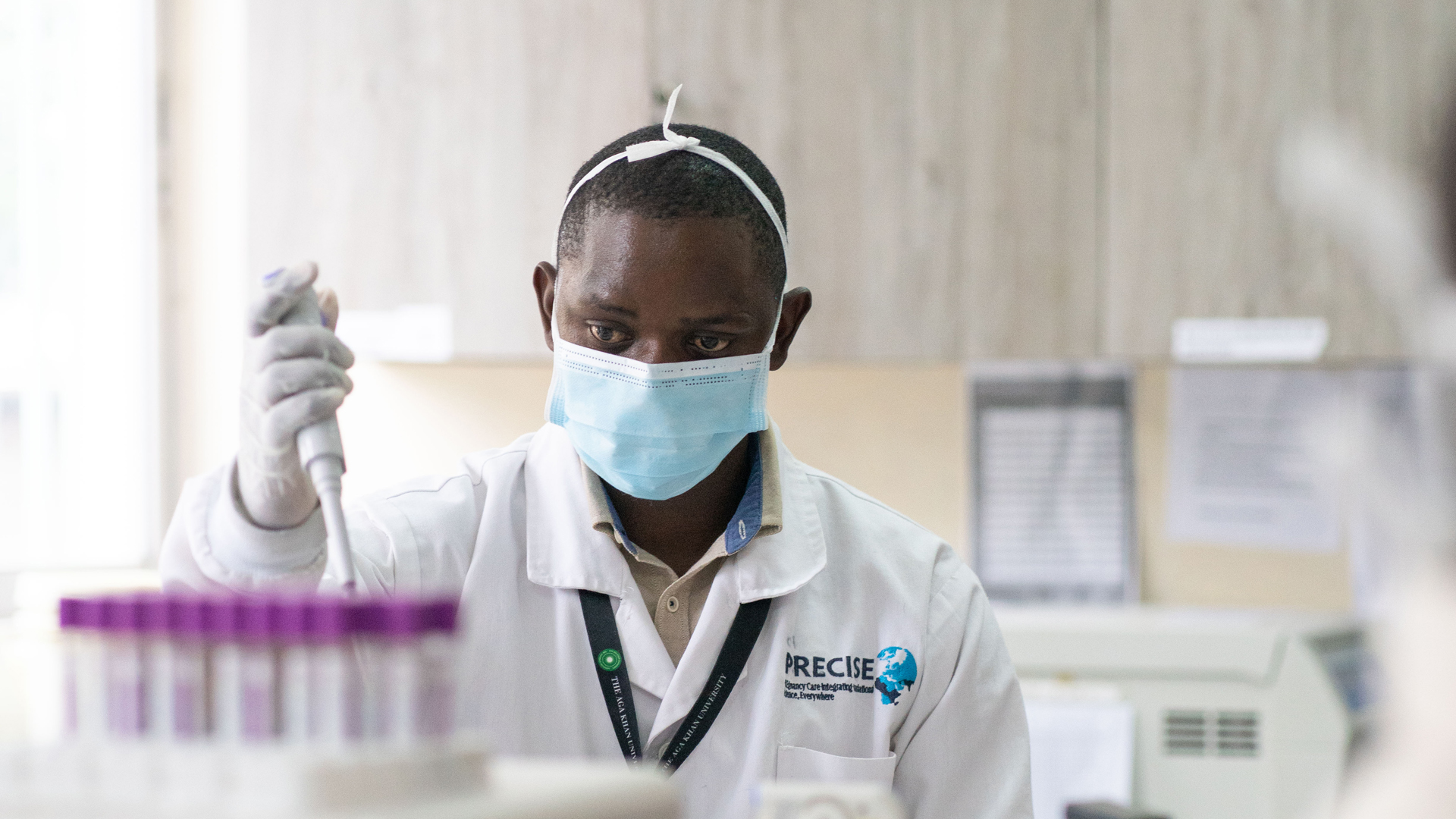Complex Problems, Interdisciplinary Solutions
The challenges of ensuring equitable access to vaccines are pervasive and complex. Potential solutions must address not only the science of developing vaccines but the policies, economic factors, and social structures that relate to vaccine financing, production, distribution, access, and hesitancy.
To develop new approaches to the significant health, financial, and geopolitical costs of inequitable access to vaccines around the world, the Center recently awarded $1.9M to two international research teams. Read more about these projects and other vaccine-related research below.






